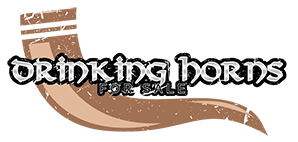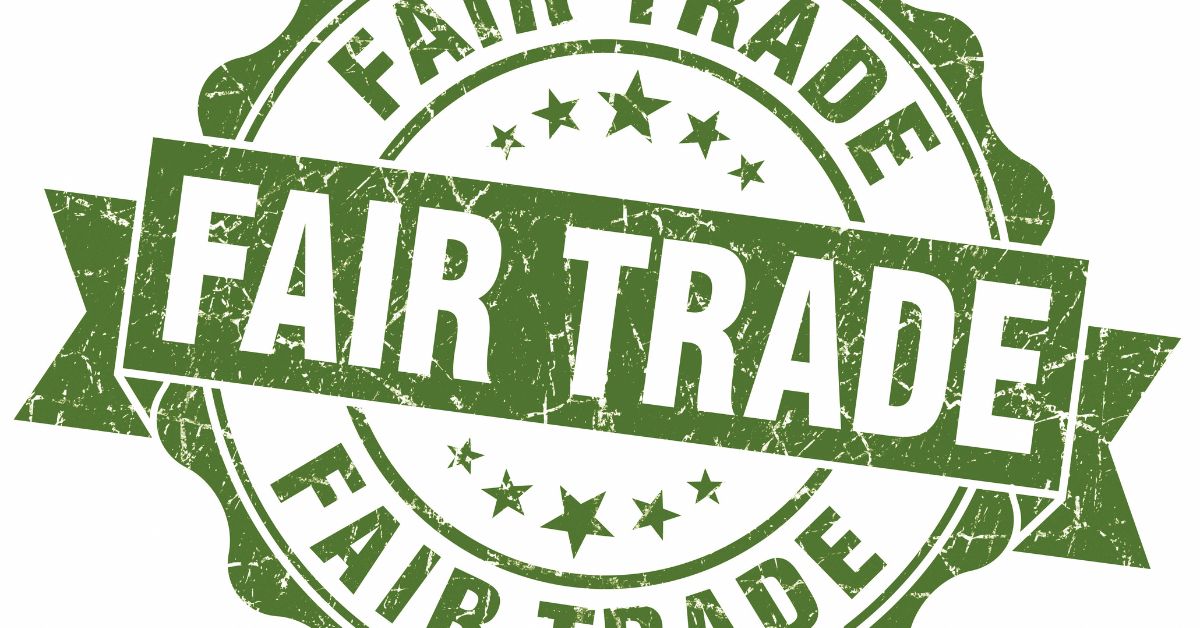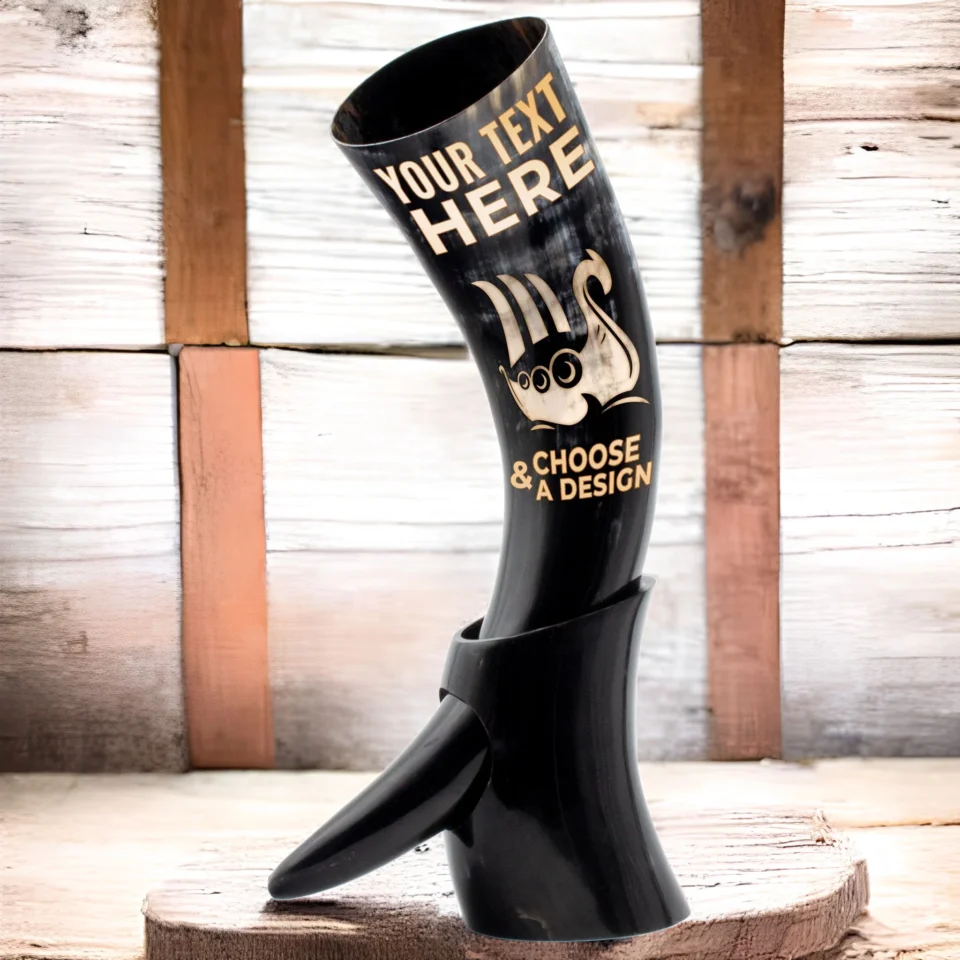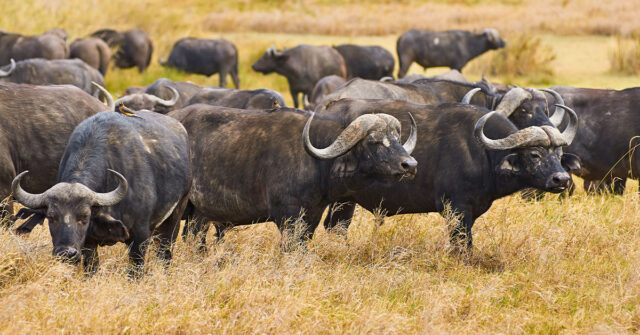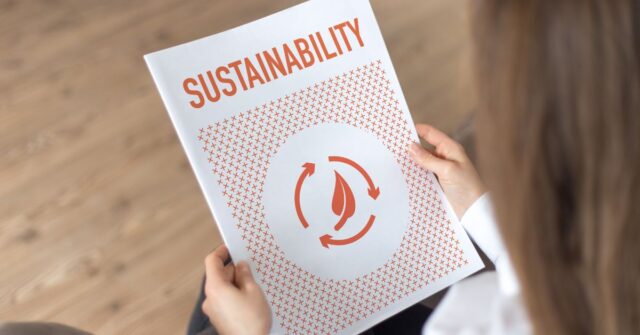The concept of fair trade has grown significantly over the years, aiming to promote ethical practices in the production and trade of various goods.
However, when it comes to niche products like drinking horns, the landscape of certification becomes less clear.
This blog post delves into whether fair trade certification exists for drinking horns and explores ethical considerations for consumers interested in these unique items.
Introduction to Fair Trade Certification
Fair trade certification is a process designed to help ensure that products are made and traded in a way that supports the equitable treatment of workers and sustainable environmental practices.
It has become a critical factor for many consumers who wish to make ethical purchasing decisions.
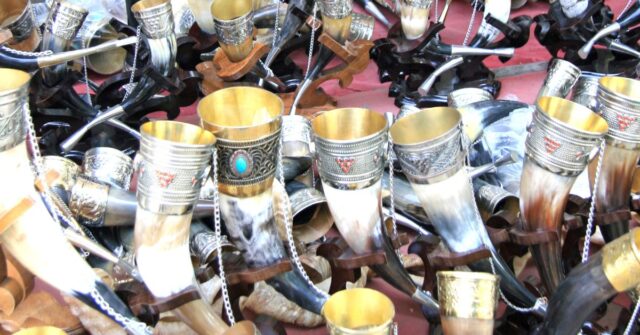
What is Fair Trade?
Fair trade is a movement aimed at providing better trading conditions and promoting sustainability for producers in developing countries.
The key principles include fair wages, safe working conditions, environmental sustainability, and community development.
The Importance of Fair Trade Practices
Fair trade practices are essential because they help reduce poverty, encourage environmentally friendly production methods, and promote ethical treatment of workers.
Consumers who choose fair trade products are supporting these ethical standards and contributing to positive global change.
How Fair Trade Certification Works
Fair trade certification involves rigorous standards that products and their producers must meet.
This includes third-party audits and adherence to strict criteria covering social, economic, and environmental aspects.
Products that meet these standards can display the Fairtrade Mark, indicating their certification status.
Scope of Fair Trade Certification
Fair trade certification is extensive but does have its limitations. Understanding what can and cannot be certified helps clarify where drinking horns fit into this framework.
Products Typically Covered by Fair Trade
Fair trade certification commonly applies to agricultural products such as coffee, tea, cocoa, and bananas, as well as manufactured goods like textiles and jewelry.
These products often come from regions where labor practices and environmental impact are major concerns.
Limitations of Fair Trade Certification
While fair trade certification covers a wide range of products, it has limitations. Not all goods can be certified due to the specific standards that need to be met.
For instance, items like handicrafts and artisanal products often fall outside the typical scope of fair trade certification.
Excluded Categories: Handicrafts and Beyond
Handicrafts, including drinking horns, are generally not covered by traditional fair trade certifications.
This is because the certification process is designed for goods produced in larger quantities with more standardized production processes.
Handicrafts, being unique and often made by individual artisans, do not fit neatly into these categories.
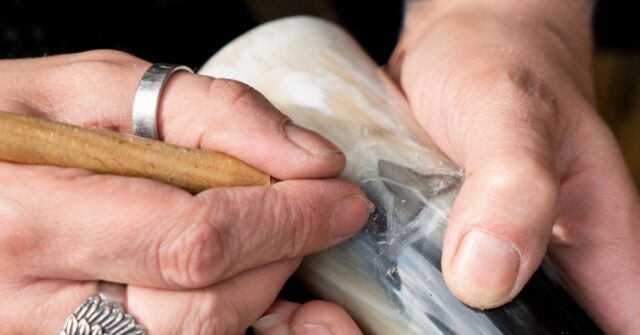
Understanding Drinking Horns
Drinking horns have a rich history and cultural significance. To fully appreciate their value, it’s important to understand their origins, craftsmanship, and the materials used.
History and Cultural Significance
Drinking horns date back to ancient times and have been used by various cultures, including the Vikings and Celts.
They were not only practical items for drinking but also held ceremonial and symbolic importance, often used in rituals and celebrations.
The Craftsmanship Behind Drinking Horns
Making a drinking horn is an intricate process that involves cleaning, shaping, and polishing the horn to create a functional and aesthetically pleasing product.
Artisans often spend considerable time perfecting each piece, ensuring it is both beautiful and durable.
Materials and Sourcing
Drinking horns are typically made from bovine horns, which are a byproduct of the meat industry.
Ethical sourcing of these materials is crucial to ensure that they come from animals that were raised and processed under humane conditions.
Ethical Considerations for Drinking Horns
For consumers interested in drinking horns, understanding the ethical implications of their production is important.
This involves looking at how materials are sourced, the labor conditions of the artisans, and the environmental impact of production.
Sustainable Sourcing of Materials
Ensuring that the horns are sourced sustainably means verifying that they are byproducts of industries that adhere to humane and environmentally friendly practices.
Consumers should seek out producers who are transparent about their sourcing methods.
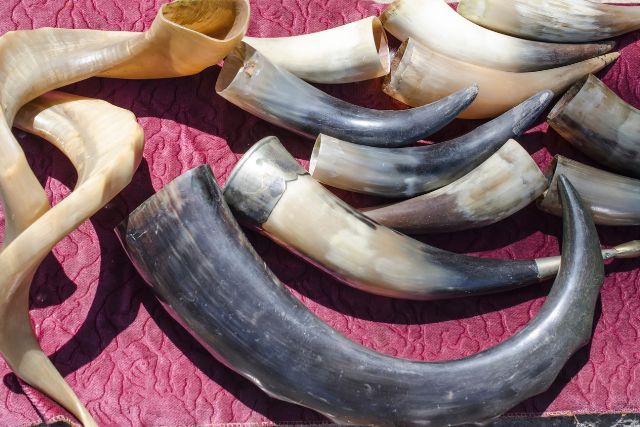
Fair Labor Practices in Production
Artisans who make drinking horns should be paid fair wages and work in safe conditions.
Supporting businesses that prioritize fair labor practices helps promote better standards in the industry.
Environmental Impact of Production
The production of drinking horns should minimize environmental harm.
This includes using eco-friendly methods for cleaning and shaping the horns, as well as ensuring that waste is managed responsibly.
Alternative Certifications and Associations for Handicrafts
While traditional fair trade certifications may not apply to drinking horns, there are other organizations and certifications that focus on ensuring ethical practices in the production of handicrafts.
Fair Trade Federation
The Fair Trade Federation is an association that supports businesses committed to fair trade principles.
It focuses on products not typically covered by traditional fair trade certifications, such as handicrafts and artisanal goods.
World Fair Trade Organization (WFTO)
The WFTO provides a global network for fair trade organizations, ensuring that products are made and traded ethically.
This includes rigorous standards and a focus on improving the livelihoods of artisans and producers.
Other Relevant Certifications and Their Standards
There are various other certifications and standards that apply to handicrafts, such as those provided by local fair trade organizations and ethical trade initiatives.
These certifications focus on ensuring fair wages, safe working conditions, and environmentally sustainable practices.
How to Ensure Ethical Purchases
Consumers looking to purchase drinking horns ethically can take several steps to verify the practices of the producers and sellers.
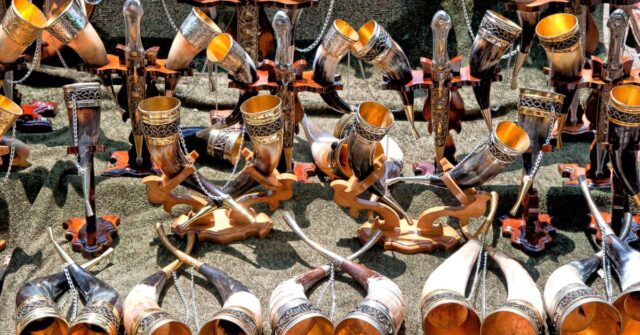
Questions to Ask Sellers
When buying a drinking horn, ask the seller about the sourcing of the materials, the conditions under which the artisans work, and any certifications or standards they adhere to.
This helps ensure that you are supporting ethical practices.
Recognizing Ethical Certifications
Look for certifications from recognized fair trade and ethical trade organizations.
These certifications indicate that the product meets certain standards for fair labor and environmental sustainability.
Supporting Artisans and Small Producers
Buying directly from artisans or small producers, either through markets or online platforms, can help ensure that more of the purchase price goes directly to the makers.
This supports their livelihoods and encourages sustainable practices.
Conclusion
Summarizing the key points covered in the blog post can reinforce the importance of fair trade and ethical practices in the production of drinking horns.
Encouraging readers to support these practices helps promote a more sustainable and equitable world.
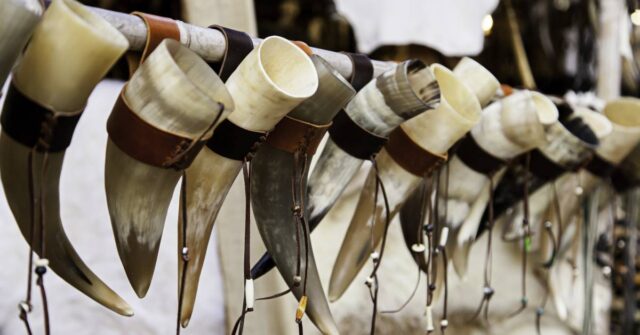
Summary of Key Points
Review the main ideas discussed, including the scope and limitations of fair trade certification, the ethical considerations for drinking horns, and the alternative certifications available for handicrafts.
Encouraging Ethical Choices
Encourage readers to ask questions, seek out ethical certifications, and support artisans and small producers to promote fair trade practices.
Future of Fair Trade and Ethical Sourcing for Handicrafts
Discuss the potential developments in fair trade and ethical sourcing for handicrafts, including increased consumer awareness and the expansion of certification programs to cover more products.
